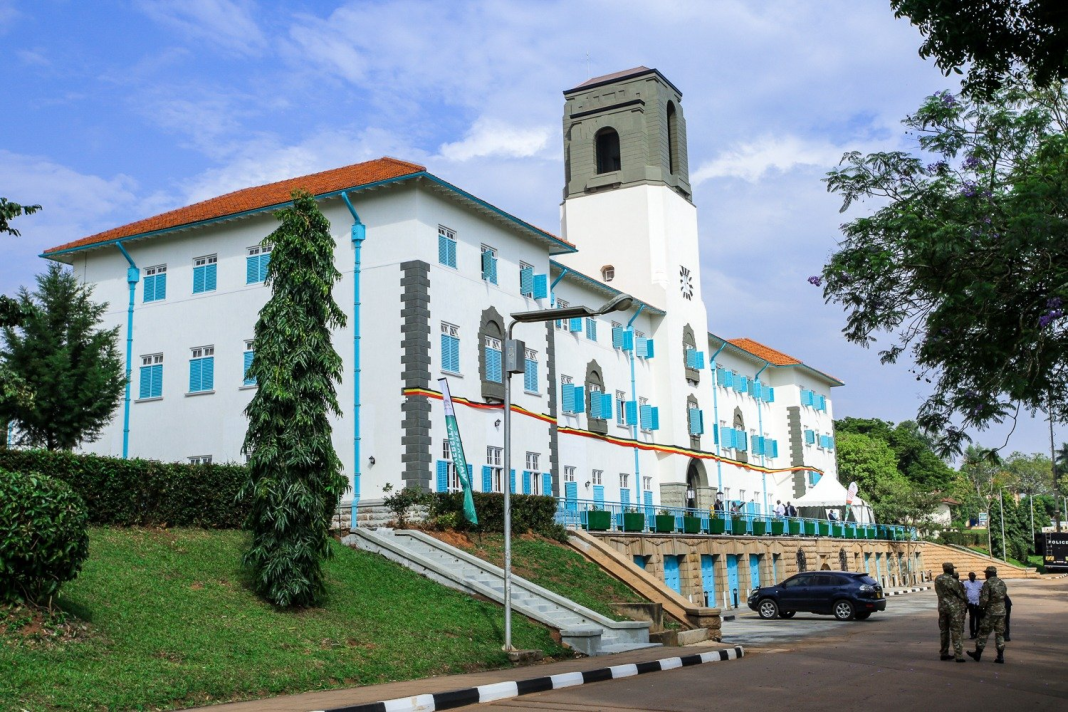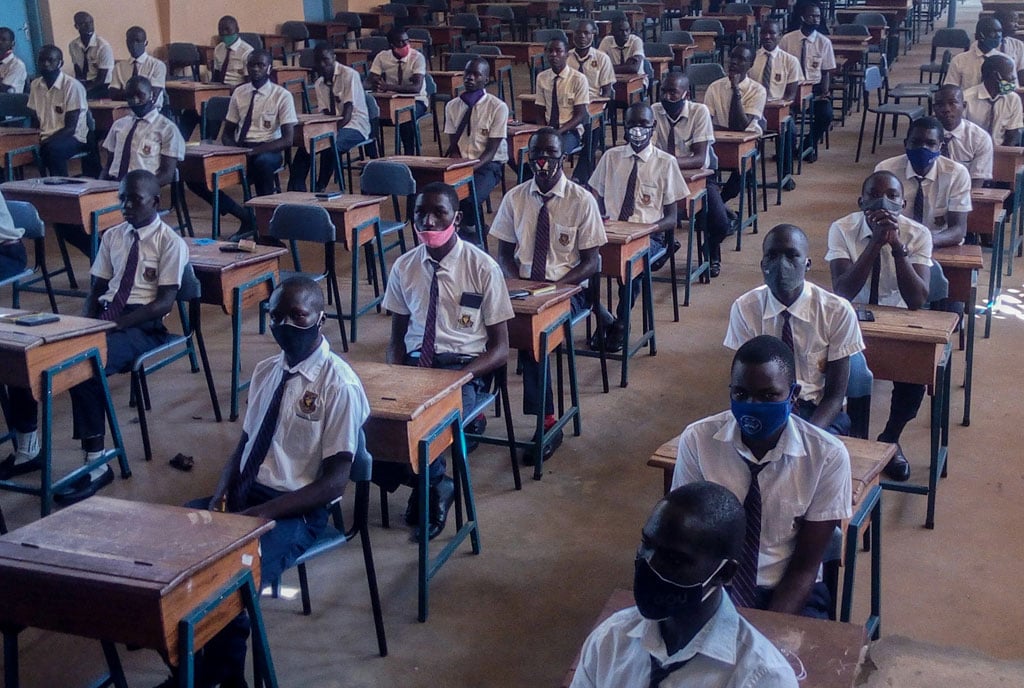KAMPALA, Uganda – Makerere University has retained its position as Uganda’s leading institution but has fallen in the global rankings, according to the Times Higher Education (THE) World University Rankings for 2025. In last year’s rankings, Makerere was placed among the top 801–1,000 universities globally. However, in the latest report, the institution has dropped to the 1,201–1,500 range.
University rankings fluctuate based on various factors, including research quality, changes in academic programs, resource allocation, and student-to-faculty ratios. Shifts in global ranking methodologies also contribute to the rise or fall of universities in the rankings.
This year’s rankings include 54 universities from 15 countries in sub-Saharan Africa, according to THE’s 2025 World University Rankings, which were released on Wednesday, October 7, 2024.
Regionally, the University of Cape Town in South Africa remains the highest-ranked institution, though it has dropped slightly, from 167th to 180th globally. In Nigeria, Covenant University is the country’s top-ranked institution, holding its position in the 801–1,000 band. Nigeria leads the region with 21 universities in the rankings, followed by South Africa with 14, and Ghana with four.

Ghana’s University of Cape Coast saw a drop in its ranking, falling from the 601–800 band to the 801–1,000 range this year. Other African countries, such as Ethiopia, Mauritius, and Uganda, each have one university represented in the rankings. Ethiopia’s Jimma University has also fallen, now placed in the 1,201–1,500 band, down from the 1,001–1,200 range. The University of Mauritius maintained its ranking in the 1,201–1,500 band.
Globally, the University of Oxford in the UK retained its position as the world’s top-ranked institution for the ninth consecutive year. The Massachusetts Institute of Technology (MIT) in the United States ranks second, followed by Harvard University in third place.
This year, the Times Higher Education World University Rankings expanded to include 2,092 universities from 115 countries and regions, a 9.7% increase from last year’s 1,907 ranked institutions. According to THE, this is the largest rise in university participation in the rankings in the past five years.
The number of universities submitting data for consideration also increased, with 2,860 institutions participating in 2025, up from 2,674 last year. However, not all institutions qualified for a ranking, and 768 universities were granted “reporter” status, meaning they submitted data but did not meet the eligibility criteria to be ranked.
This year, 211 universities joined the rankings for the first time, with 60% coming from Asia, 17% from Europe, 10% from Africa, and 10% from South America.
The Times Higher Education World University Rankings 2025 assess universities based on 18 performance indicators across five key pillars: teaching, research, knowledge transfer, international outlook, and funding. Since its inception with 200 ranked universities, the system has grown to include over 2,000 institutions, making it the most comprehensive and inclusive ranking of research-intensive universities worldwide.



















